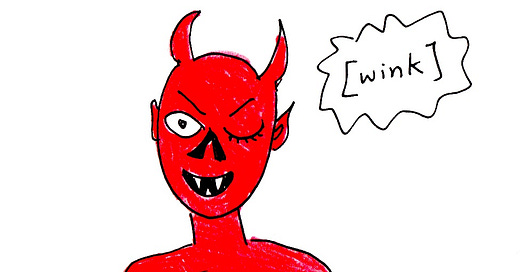I'm trying to avoid another post-mortem commentary about Tuesday's events, but everything I write feels imbued with either radioactive dread or tone-deaf positivity. I'm trying to skew positive here, but maybe I should also respect everyone's right to spiral however they choose.
However, I aim to "stick to recovery" on TSB as much as possible from today…
Keep reading with a 7-day free trial
Subscribe to The Small Bow to keep reading this post and get 7 days of free access to the full post archives.




